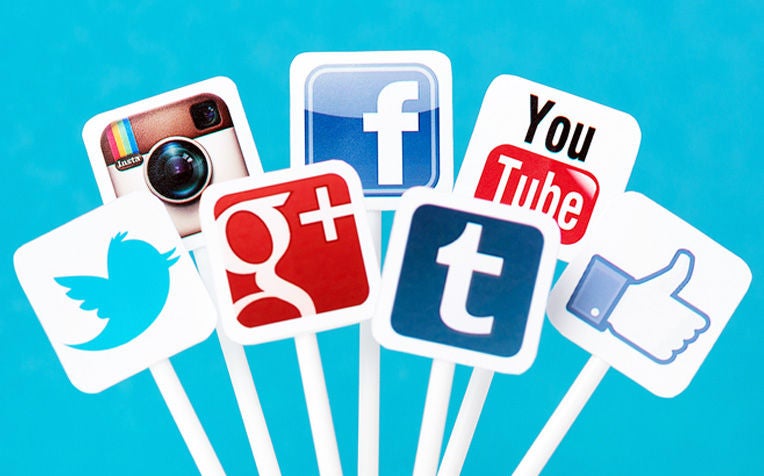HealthXchange will NEVER ask you to transfer money over a call. If in doubt, call the 24/7 ScamShield helpline at 1799, or visit the ScamShield website at www.scamshield.gov.sg.
Mental Health Tips for Social Media Use

Social media is here to stay so avoiding it is impossible, however you can cultivate good using habits so that it doesn't take control of your life.
While social media can be a source of entertainment and a way to connect with family and friends, excessive use can negatively affect oneʼs emotions and thoughts.
Some people may use social media to cope with negative emotions; for example, distracting themselves when they are feeling down or bored.
In children and adolescents, this may impair their abilities to come up with other coping skills. For people with social anxiety, depending on social media can perpetuate their feelings of isolation, inadequacy and dissatisfaction, which can in turn affect mood and worsen symptoms.
To know if your social media habits are healthy, examine its impact on your life and motivations for using it. Social media use becomes unhealthy when you start to neglect face-to-face relationships or get distracted from work or school. If you are chasing 'likes' or posting only to make others envious, it may be time to rethink your social media habits.
/social-media-talking-b.jpg)
Good social media habits start from young
“For the young, social media is an important part of their lifestyle. It helps them to express themselves and gain peer approval. The videos, jokes and messages they post online also help shape their identity and self-image,” shares the Department of Psychiatry at Sengkang General Hospital (SKH), a member of the SingHealth group.
To cultivate healthy online habits in the young:
Set ground rules on social media or phone use, such as “no phones at the dinner table” or “no phones after 9pm”.
Occasionally screen what they are consuming online to make sure they are age-appropriate. For example, shield young children from scary news and explain negative news as accurately as you can.
Encourage more face-to-face interaction and other forms of offline interests such as sports.
/family-exercising-together-b.jpg)
Assure your child they can reach out to a trusted adult if they experience difficult situations online or cyberbullying.
Tips to use social media more positively and responsibly
1. Take a break
Set a limit on your social media use, or take a social media ‘break’. Try removing all social media apps on your phone for a period of time. This may initially cause some withdrawal anxiety, but you may end up discovering a whole new ‘you’, one who is more attuned to and guided by the values important to you!
2. Consider your purpose
Reflect on your motivations when using social media. If you are using it as a substitute for real life, consider a healthier alternative, like inviting a friend out for coffee or picking up a new hobby.
3. Find a healthy balance
If negative news overwhelms you, use social media in a way that is less emotionally challenging – follow celebrities for entertainment or watch funny videos of cute cats and dogs!
This article was adapted from Skoop magazine (issue 7).
Ref: L20
Check out other articles on mental health:
Anxiety and Depression: When to Seek Help
How to Manage Anxiety and Depression
Depression or Sadness: How to Tell the Difference
20 Stress-Busting Tips from Psychiatrists
Related Articles
Public Events
Get the Health Buddy App
© 2025 SingHealth Group. All Rights Reserved.















 Get it on Google Play
Get it on Google Play